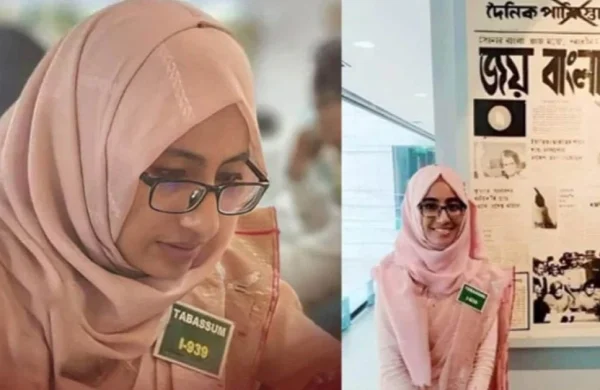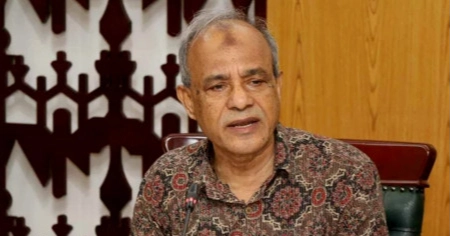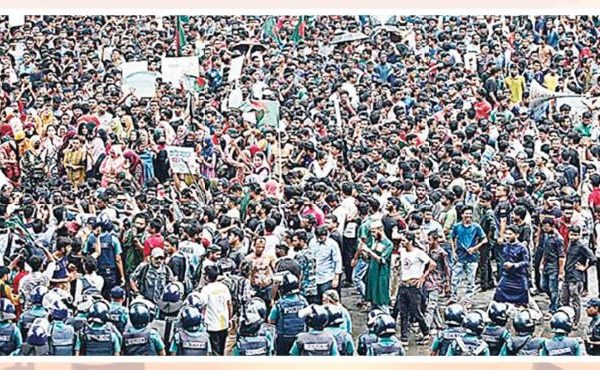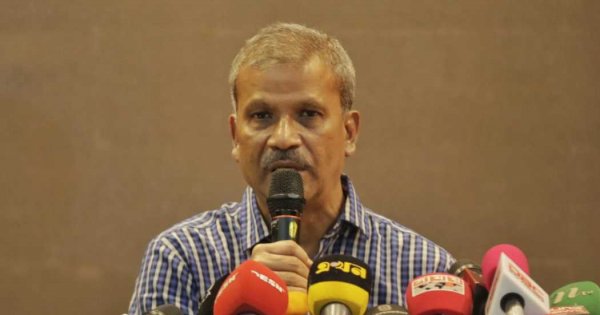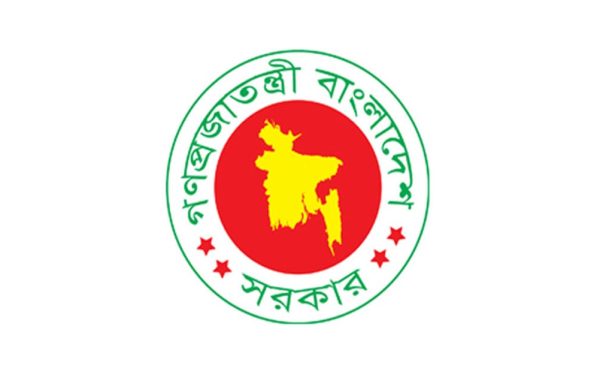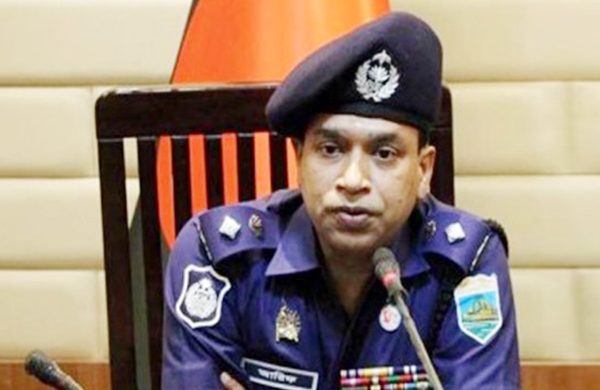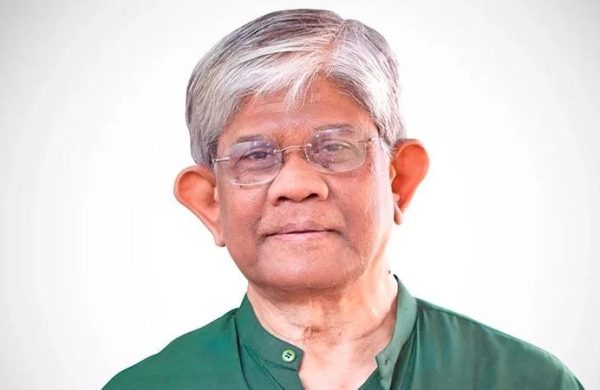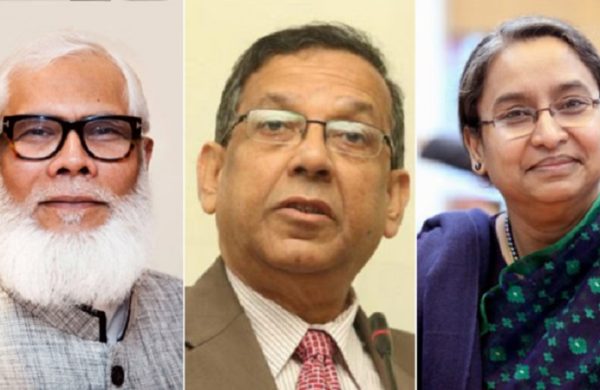Major parties oppose MPs’ freedom to vote against their own party in parliament
- Update Time : Wednesday, April 2, 2025
Staff Correspondent:
The major political parties do not want to give members of parliament (MPs) the freedom to vote against their own party in a no-confidence motion.
The Bangladesh Nationalist Party (BNP), Bangladesh Jamaat-e-Islami, and the National Citizen Party (NCP) do not fully agree with the recommendation of the Constitutional Reform Commission, which proposes that members of the lower house of parliament should have full authority to vote against their party on any issue except the finance bill.
All three parties insist that MPs should not have freedom in confidence votes, just as with the finance bill. In such cases, MPs must strictly follow their party’s position.
According to Article 70 of the existing constitution, MPs cannot vote against their own party. The article states that if an MP elected as a party candidate resigns from that party or votes against it in parliament, their seat will be vacated.
Due to this provision, no law or proposal can pass in parliament without the government’s approval. It also prevents the possibility of a no-confidence motion being brought against the Prime Minister or any other official.
The debate over Article 70 has been ongoing for decades. It began when the constitution was first drafted in 1972. Opponents of the article argue that it limits the freedom of MPs and concentrates excessive power in the hands of the Prime Minister.
On the other hand, those in favour of keeping it claim that removing this provision would destabilise the government, potentially causing parliament to collapse within days.
They also argue that its removal could lead to illegal financial transactions aimed at buying votes and influencing MPs to overthrow governments.
The Constitutional Reform Commission, led by Professor Ali Riaz, has proposed changes to this article. It has recommended introducing a bicameral legislature and allowing MPs in the lower house to vote against their party’s stance on any issue except finance bills.
The National Consensus Commission has sought the views of political parties on 166 key recommendations made by five reform commissions, including this one. Several parties, including BNP, Jamaat-e-Islami, and NCP, have already expressed their opinions.
The National Consensus Commission is set to hold separate discussions with the three parties soon.
VALIDITY OF THE COMMISSION’S RECOMMENDATIONS
In its report, the Constitutional Reform Commission explained the rationale behind expanding MPs’ voting rights. It stated that Article 70 compels MPs to accept party decisions without asking any question. Although they are allowed to express their opinions within party meetings, they lack the freedom to vote against their party’s proposals. As a result, the Constitution enforces strict party loyalty at the cost of MPs’ ability to represent their constituencies effectively.
The Commission further argued that while Article 70 was originally intended to prevent floor-crossing, its impact has gone far beyond that purpose.
The provision, it noted, contradicts democratic principles. While designed to ensure stability, it has instead weakened political deliberation and party accountability. The restriction limits MPs’ ability to advocate for their constituencies and exercise their independent judgment.
DIFFERENT POSITIONS OF PARTIES
According to relevant sources, in its written opinion submitted to the National Consensus Commission regarding the power of MPs to vote against their party, BNP stated that voting against the party should not be allowed in matters involving confidence votes, finance bills, constitutional amendment bills, and national security issues. However, on other issues, MPs should be free to express their opinions.
Explaining the reasoning behind restricting freedom in confidence votes, BNP Standing Committee member Salahuddin Ahmed that before the creation of Bangladesh, governments in the subcontinent changed almost daily after 1954.
BNP has proposed this position after carefully reviewing the region’s long-standing political culture and history. The party believes that ensuring the government’s stability is crucial.
According to them, the country’s political culture has not yet matured to a level where MPs can be granted full freedom in confidence votes. If such freedom is allowed, no government will last more than one or two months, leading to instability.
When the Constitutional Reform Commission sought opinions from political parties, Jamaat-e-Islami stated in its proposal that the restriction on floor crossing should not be lifted as yet.
They argued that Article 70 was originally introduced to stabilise the parliamentary system and should remain in place for at least two more terms.
Jamaat-e-Islami reiterated this stance in its opinion submitted to the National Consensus Commission. The party’s Secretary General, Mia Golam Parwar, told that their submission explained the importance of maintaining restrictions in certain cases, including finance bills and confidence votes.
He stated that a vote of confidence is a matter of party policy, and an MP represents their party in parliament. Therefore, MPs must align with their party’s policy. If MPs do not follow the party’s stance in a no-confidence motion against the Prime Minister or the President, it could lead to a breakdown in party discipline.
The NCP, which led the July uprising, has also expressed the opinion that restrictions should remain on no-confidence votes, similar to finance bills.
NCP Joint Convener and Reform Coordination Committee Coordinator Sarwar Tusher that without such provisions, there is a risk of MPs being bought and sold. For the stability of parliament and the government, the party advocates for allowing MPs to freely express their opinions on all issues except money bills and confidence votes.
HOW ARTICLE 70 WAS ADDED
The origins of Article 70 of the Constitution, added in 1972, are described in the book Bipula Prithibi by the late Professor Anisuzzaman. Professor Anisuzzaman, who was responsible for translating the 1972 Constitution into Bengali, wrote: “Bangabandhu summoned Kamal twice to advise him on the constitution – I was also with him.… He said that during the Pakistan period, governments became unstable mainly because members of the council frequently changed parties or voted against their own party, violating party discipline. This needed to be stopped. A rule should be established stating that if an elected member disagrees with a party decision or votes against the party, they must resign, or their parliamentary membership should be forfeited. However, there should also be a provision ensuring that in such cases, they are not disqualified from contesting by-elections or future elections. This intention was reflected in Article 70 of the Constitution.”
Despite this, Article 70 was debated within the Constituent Assembly itself. Anisuzzaman noted in his book that National Assembly members AKM Mosharraf Hossain Akand, Asaduzzaman Khan, Abdul Muntakim Chowdhury, and Hafez Habibur Rahman opposed the article.


